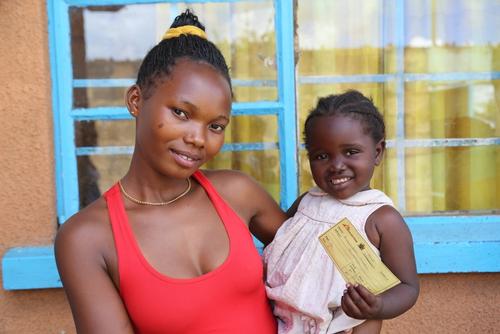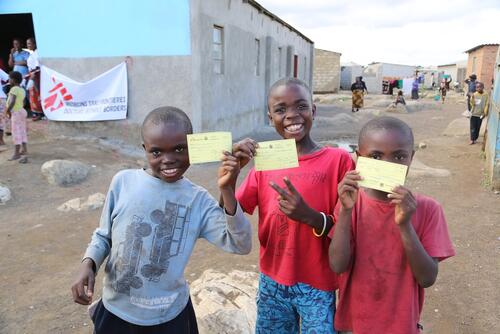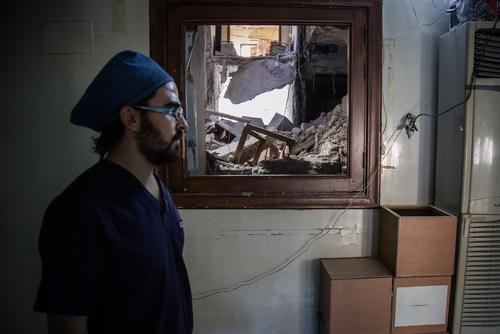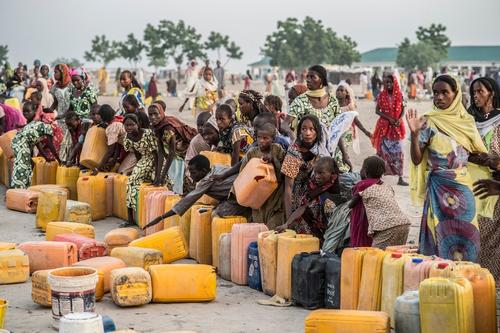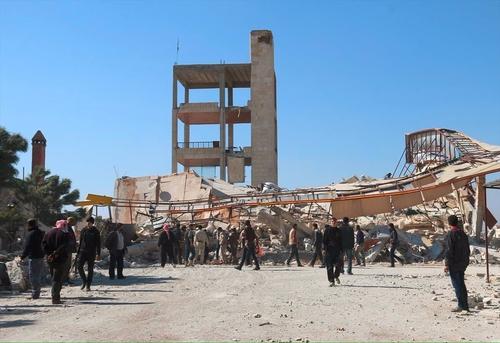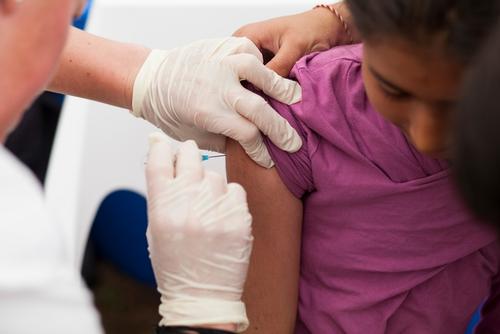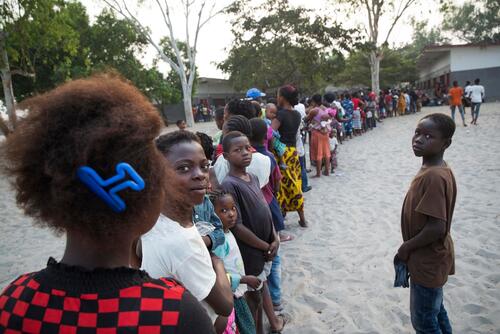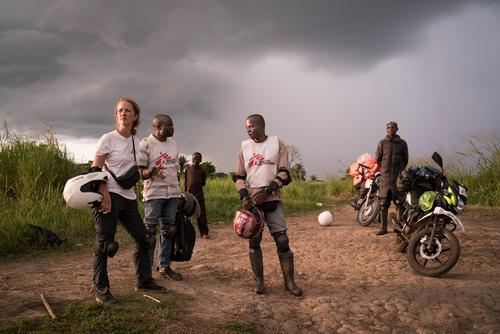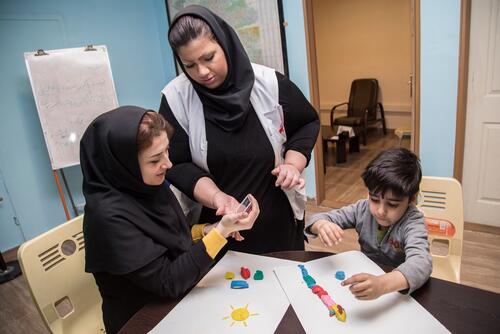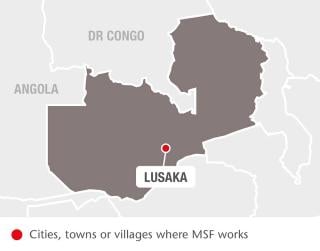Although cholera is a major public health issue in Zambia, with epidemics typically occurring during the rainy season, the outbreak in February was the first to hit the capital since 2011. Around 1.2 million people live in overcrowded informal settlements in the city, and with such a long period between outbreaks, they had little acquired immunity to the disease.
Between 9 and 25 April, the oral cholera vaccine was administered to 423,774 people aged one and over in the four areas of Lusaka that had the highest rates of cholera, or had historically been prone to outbreaks: Kanyama, Bauleni, George and Chawama. At the same time, the Ministry of Health provided care for patients in cholera treatment centres and worked to improve sanitation and hygiene conditions.
Two doses of the oral cholera vaccine are typically recommended. However, due to the limited number of vaccines available globally and to curb the Lusaka outbreak as quickly as possible, a single dose administered to twice as many people was deemed more efficient. More than 100 MSF and Ministry of Health staff, as well as 1,700 volunteers, worked in the vaccination campaign.
The Lusaka health authorities estimated that there were 1,079 cases and 20 deaths between February and June.
1
1
0.4 M
0.4M
1999
1999
Patient story
Mathilda – came to be vaccinated with her daughter, Edna, who had just turned three.
“In our neighbourhood, we have no clean water. People leave their rubbish in the streets and nobody does anything. I came as soon as I heard about the vaccination. The vaccine will help protect us against cholera. It can save lives. I encourage other mothers and community members to come and get vaccinated ... it's important that we are all protected.”
Read more